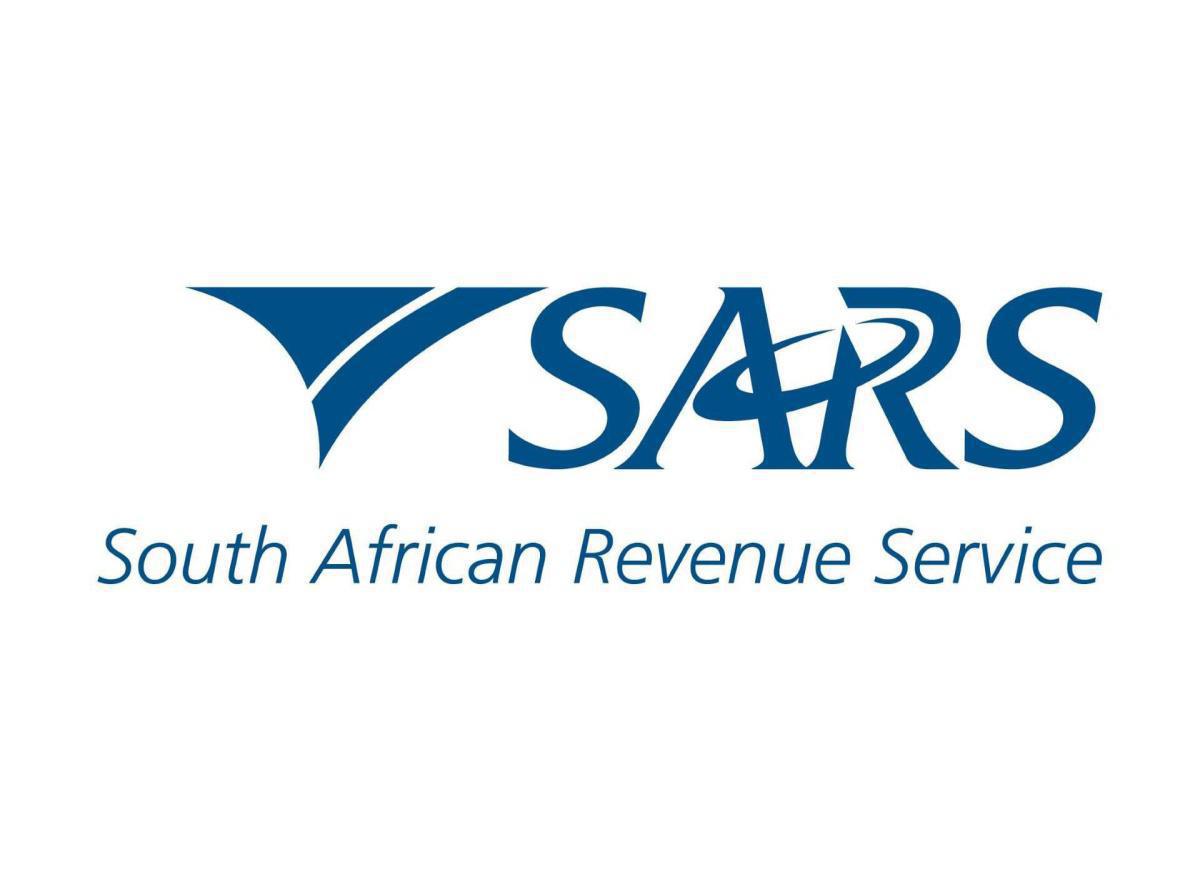There have been a number of amendments gazetted this year to the VAT Act. The amendments came into effect on 1 April 2021 unless otherwise stated. A brief summary of some of the more important VAT amendments is provided below:
- Cross border leases of ships, aircraft and rolling stock – Proviso (xiii) to the definition of “enterprise” was inserted to clarify that a non-resident lessor is not regarded as carrying on an enterprise in the Republic where foreign-owned ships, aircraft or rolling stock are leased for use in the Republic, subject to certain conditions being met.
- Refining the VAT corporate reorganisation rules – A further proviso to Section 8(25) was introduced to address the situation where, under the Income Tax Act, certain assets may not qualify for the roll-over relief even though the asset forms part of the entire transaction. The amendment now allows for the parties to agree that the provisions of Section 7 and 11(1)(e) apply to a supply contemplated in Section 42 or 45 of the Income Tax Act, instead of Section 8(25).
- Zero-rating of telecommunication services – The zero-rating of services contemplated in the International Telecommunication Regulations that were concluded at the World Conference on International Telecommunications held in Dubai in 2012, between resident and non-resident telecommunication services providers was introduced, under Section 11(2)(y), limited to international roaming services.
- Accounting basis for an intermediary – Section 15(2)(a)(vii) was amended to allow an “intermediary” supplying “electronic services” to account for VAT on the payment’s basis.
- Management of superannuation schemes – The special valuation rule in Section 10(22A) was deleted.
- Imported services – Section 14(1)(a) was amended to require the recipient of imported services to obtain, complete and retain form VAT215. The effect of this amendment is that the recipient no longer has to furnish the VAT215 form to SARS but is only required to keep the completed form as documentary evidence.
- Second-hand goods – Section 20(8) prescribes information and documentation that must be retained by a vendor in respect of second-hand goods acquired in order to claim a notional input tax deduction. The law has now been amended to refer to “identity card” instead of “identity document”. This aligns with the terminology contained in the Identification Act 68 of 1997.
Should you require any clarification regarding the above please do not hesitate to contact us in this regard.

